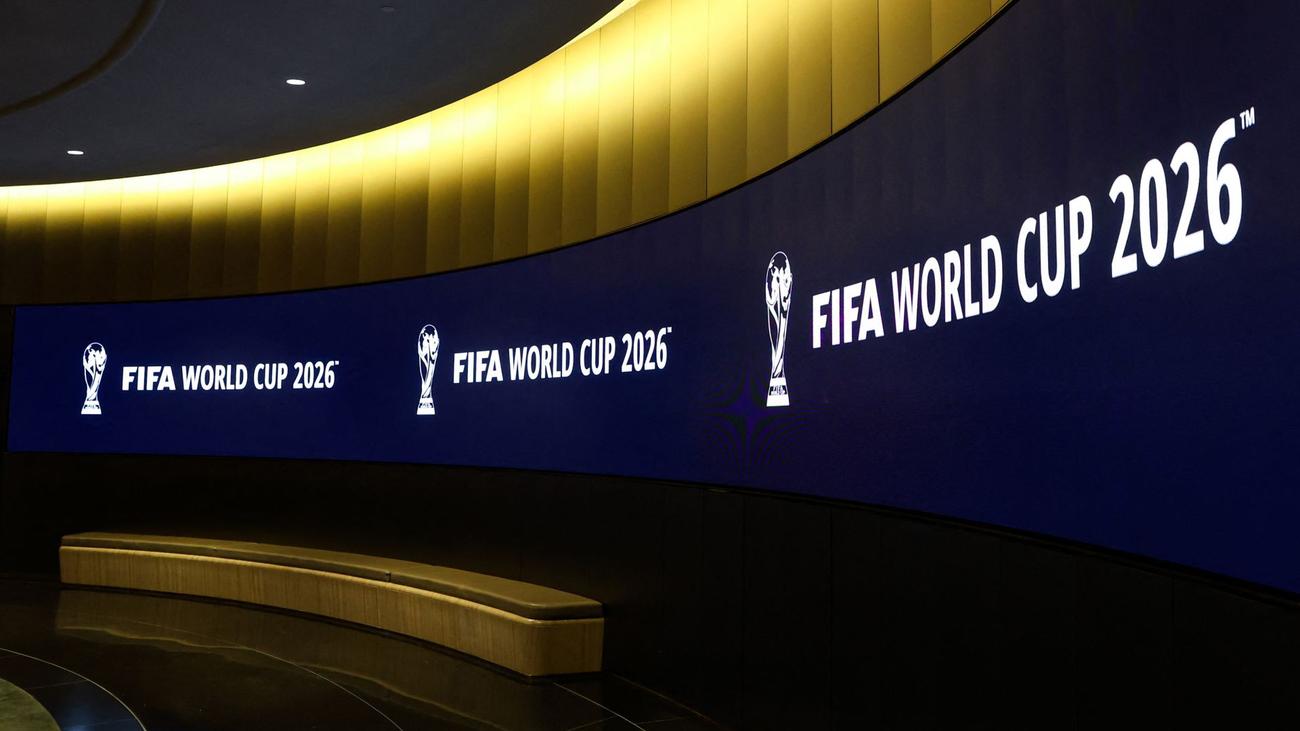FIFA and European Football Face Off Over Calendar Crunch
The world of football is currently embroiled in a tense standoff between FIFA, the sport’s global governing body, and European football stakeholders. The core of the conflict is the increasingly packed match calendar, which has led to concerns about player burnout, the devaluation of domestic leagues, and a general imbalance in the football ecosystem.

European football’s governing bodies and players’ unions have been particularly vocal about the issue. They argue that FIFA’s relentless expansion of international tournaments, such as the Club World Cup and the increased frequency of World Cup qualifiers, is placing an unsustainable burden on players. This, in turn, is negatively impacting the quality and competitiveness of domestic leagues, which are the backbone of football in many countries.
To underline their grievances, FIFPro Europe and the European Leagues have officially filed a complaint with the European Commission, accusing FIFA of abusing its dominant position. This is a serious escalation of the conflict and suggests that the parties are far apart in their positions.

However, FIFA is keen to avoid a full-blown confrontation. The organization has publicly expressed its willingness to engage in dialogue with European football stakeholders to find a mutually agreeable solution. FIFA maintains that it is committed to protecting the interests of all parties involved, including players, clubs, and fans.
The coming months will be crucial in determining the outcome of this dispute. If FIFA and European football can find common ground through negotiation, it could lead to a more balanced and sustainable football calendar. On the other hand, if the parties remain entrenched in their positions, the conflict could escalate further, with potentially damaging consequences for the sport.
Essentially, the battle lines are drawn between those who prioritize the global spectacle of football and those who champion the grassroots of the game. The resolution of this conflict will shape the future of football for years to come.
Discover more from
Subscribe to get the latest posts sent to your email.


